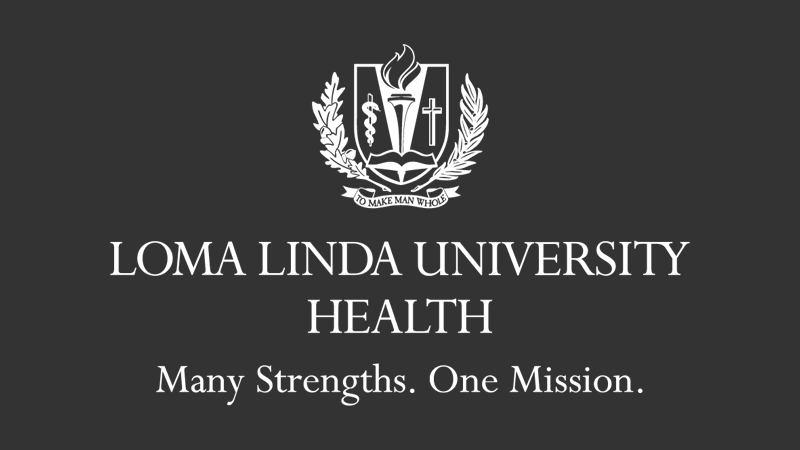
Pairing your green vegetables with dried fruit, legumes and brown rice may build a protective barrier against colon cancer.
Taking precaution now against colon cancer is important – and you can start by eating more whole foods containing fiber.Dr. Mark Reeves
Patricia Kelikani, Health Journalist (Co-host): Many of you may remember being told as a child to eat your greens because they’ll make you healthy and strong!
Dr. Mark Reeves, Surgical Oncologist (Co-host): Even as an adult, this idea still holds true. Eating our greens has many health benefits. In fact, pairing it up with dried fruit, legumes and brown rice may help prevent colon polyps, which are abnormal growths in the colon that sometimes lead to colon cancer.
KELIKANI: Colon cancer is the second leading cause of cancer death in the United States.
DR. REEVES: Loma Linda University Health researchers found eating legumes at least three times a week reduced the risk of colon polyps by 33 percent.
Eating legumes at least three times a week reduced the risk of colon polyps by 33 percent.Dr. Mark Reeves
KELIKANI: And having brown rice at least once a week reduced the risk by 40 percent. Eating those cooked green veggies once a day or more was associated with a reduced risk of 24 percent.
DR. REEVES: And, eating dried fruit three times a week or more reduced the risk by 26 percent.
Dr. Yessenia Tantamango-Bartley, Assistant Professor of Epidemiology: Legumes, dried fruits, brown rice, they have high fiber. For cooked, green vegetables we found that they have high anticarcinogen compounds that will help to decrease this risk.
DR. REEVES: Taking precaution now against colon cancer is important – and you can start by eating more whole foods containing fiber. You can cook brown rice and pair it up with lentils. You can also swap white rice for brown rice.
KELIKANI: There’s your tip for the day on how you can live healthier, longer.
Researcher Biography
Dr. Tantamango-Bartley was born in Peru. She is a Surgeon Physician graduated from The National University of San Marcos, School of Medicine, a leading University in Peru. Admiring her father, himself a well-known Surgeon in the country, she desired to follow in his footsteps. However, early during her career, Tantamango-Bartley understood that Public Health was one of the most effective, and in some cases, the only tool that could be used to help populations. She saw very closely the widespread poverty, lack of health resources, and abundance of ignorance that resulted in higher incidence rates of preventable diseases. Eager to learn more ways to help the underserved people, she enrolled in one of the off-campus graduate programs offered by Loma Linda University where she obtained a Master in Public Health, and developed a passion for Epidemiology.
Tantamango-Bartley then came to the United States to pursue a Doctorate in Epidemiology. As an Epidemiology student, she actively participated in different research studies in public health settings. After graduation, she was recruited as a Fellow in the Adventist Health Study where she gained great experience as an Epidemiology Researcher and found a new passion in her life - Cancer Epidemiology. She was invited to join the Epidemiology Department in the School of Public Health as Assistant Professor.
Tantamango-Bartley has since published cancer related articles, has been invited to different Professional Conferences to present her findings and also participates as a Reviewer for different Oncological Journals. Tantamango-Bartley was actively part of Loma Linda University for eight years. She has recently accepted a position with a Pharmaceutical Company, but continues to connect and work with the LLU School of Public health.
Additional Related Articles
- Vegetarian Diets and the Incidence of Cancer in a Low-Risk Population, American Association for Cancer Research, November 20, 2012; doi: 10.1158/1055-9965.EPI-12-1060
- Association Between Dietary Fiber and Incident Cases of Colon Polyps: The Adventist Health Study, Gastrointest Cancer Res. 2011 Sep-Dec; 4(5-6): 161–167
- Foods and Food Groups Associated with the Incidence of Colorectal Polyps: The Adventist Health Study, PubMed, 2011;63(4):565-72. doi: 10.1080/01635581.2011.551988



